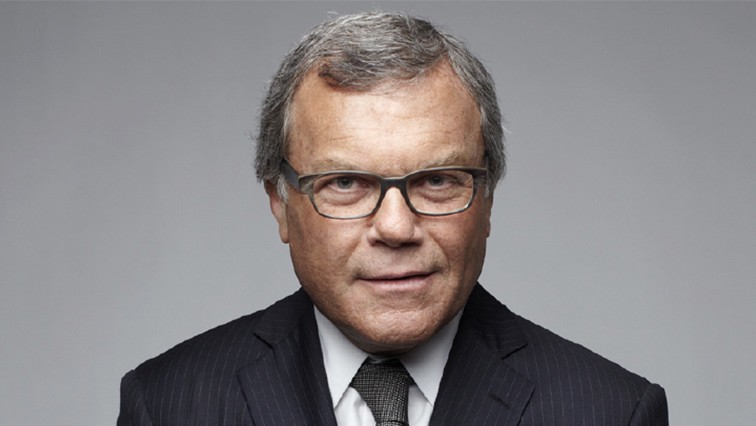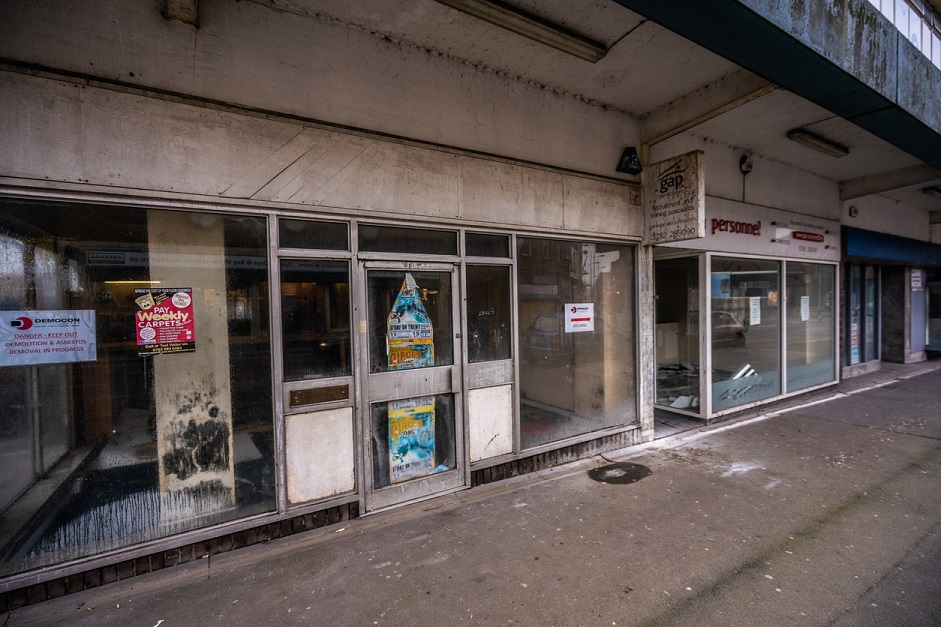
The return horizon is as distant as ever at present...
What now for the UK brass band movement as we look towards a new post-Covid-19 era?
As yet more time passes by the rhetoric may still sound positive, but listen carefully and it has an increasingly pessimistic tonal quality.
The return horizon is as distant as ever.
No old norms
Deep down one thing is for certain. There will be no return to the old ‘norms’ as a means of underpinning our sustainable long term future.
Despite the recent government announcements of £1.5 billion of financial help there seems little concrete optimism that we will be taking to the stages to play to full houses anytime soon.
From the beginning of August, music venues and theatres in England (followed at later dates in the devolved nations) will be able to open, but at the same time many are already in the process of making staff redundant.
And whilst social distancing will enable audiences to sit in reduced numbers in auditoriums, the venues themselves have stated that operating at around one third capacity will be financial unfeasible as it will simply add to the huge losses already endured.
And whilst social distancing will enable audiences to sit in reduced numbers in auditoriums, the venues themselves have stated that operating at around one third capacity will be financial unfeasible as it will simply add to the huge losses already endured.
Precarious
Meanwhile, the government furlough scheme offers support for some performers until October, yet thousands more have been unable to access any sort of financial help since March.
Being a freelance musician nowadays is a pretty precarious future career path to tread.
All this is coupled to the multitude of questions surrounding the ongoing research into whether or not, brass and wind instruments, singers and performers are vectors for the aerosol spread of the Covid-19 virus.
Work is being undertaken (some much more scientific than others), yet there seems to be no readily identifiable time scale or public endorsement by the government that any findings will be acted upon.

Future essential brass band accessories...
Further amended guidelines may well enable more professional musicians to return to work in socially distanced safety, but any rules that could govern the amateur musical world, including brass bands, seems at present to be destined to be a very minor addendum to any potential government proposals.
Mixed messaging
Added into all of this is the mixed messaging about what is a safe communal environment (pubs and hairdressers etc) and what isn’t, which has left people confused and frustrated.
At present brass banding in the UK (and to some extent in other countries) is in a form of limbo – unable to secure for itself a route to long term safety let alone prosperity.
Simply allowing people to adhere to a laissez-faire ‘common sense’ approach to get 30 players or more back into a bandroom for a two hour rehearsal, twice a week doesn’t exactly fill you full of confidence given that the NHS has just been given an extra £3 billion in anticipation of a winter ‘second wave’ of Covid-19.
At present brass banding in the UK (and to some extent in other countries) is in a form of limbo – unable to secure for itself a route to long term safety let alone prosperity.
Radical overhaul
However, with little that can be done except wait for some sort of enlightenment, could this be the chance for the brass band movement itself to examine proposals for a radical overhaul of our own environment, and to propose putting in place structures to secure long term sustainability rather than short term survival?
It can be argued that it should certainly be discussed and examined. Others have certainly taken the lead.
Where they thought they could implement change over the following decade or so, the Coronavirus had shortened it to 10 months or less.
No Darwin
In a recent interview given by Sir Martin Sorrell, the founder of the world’s largest advertising and PR group, he outlined his thoughts to how Covid-19 had forced major high street brands into their radical reappraisals of their long term business strategies.
Where they thought they could implement change over the following decade or so, the Coronavirus had shortened it to 10 months or less.

Anyone got his number?
However, this was no Darwinian ‘survival of the fittest’ appraisal.
Those who would get through and prosper would be the organisations who could quickly offer customers a much more flexible, varied retail experience.
Paradigm change
According to Sir Martin, Covid-19 had forced retailers to make those decisions now rather than even a few months later.
He saw it as a paradigm change – a new set of distinct concepts and thought patterns that would secure the future of a prosperous retail sector of the economy.
Big names hampered by old fashioned tradition and slow, reactive management bureaucracy would wither and die. New ones, with innovative approaches and outlooks would prosper.
His views will certainly resonate with many looking at the long term future of the banding movement in the UK and perhaps beyond.

Closure has come to those who couldn't change on the High Street
He hasn’t been wrong. A few familiar dinosaurs have already become extinct.
His views will certainly resonate with many looking at the long term future of the banding movement in the UK and perhaps beyond.
At present it looks bleak – but it needn’t be.
With no contesting or concert events on the immediate horizon, the possibility exists to initiate a paradigm change for the UK banding movement of our own.
Kofi Annan
Unfortunately, given the understandable levels of self interest still very much in place at present, it would take someone with the diplomatic skills of the late Kofi Annan to bring together contest organisers, bodies such as Brass Bands England and the Scottish Brass Band Association, banding associations, business sector representatives, conductors, adjudicators and personalities to discuss communal aims and objectives, let alone accept the urgent need to implement structural change.
How can we start to discuss how we are run, how we finance, how we promote and how we reach out to a new inclusive generation of players - let alone how do we envisage we compete against each other in future, when at present too many of our immediate thoughts are governed by whether or not we can survive longer than our potential rivals?
How can we start to discuss how we are run, how we finance, how we promote and how we reach out to a new inclusive generation of players - let alone how do we envisage we compete against each other in future, when at present too many of our immediate thoughts are governed by whether or not we can survive longer than our potential rivals?
Patchwork
There is good work going on at present – from individuals and bands to national bodies. However, it is a patchwork of good intentions and policy ideas, either as one-off initiatives or linked an organisation's own long term strategies.
We could though think of doing something a little different.

Putting the future building blocks in place?
Brass Band Commission
Perhaps the time has come for a brass band version of an independent Brass Band Commission?
Funded through a potential joint application to the various Arts Council bodies in the UK, its terms of reference would be fairly straight forward (and is one that has been used succesfully many times before):
Where are we at the moment? Where should we be in a decade’s time? How do we get there?
Where are we at the moment? Where should we be in a decade’s time? How do we get there?
Just how do we offer our participants a hobby that is modern, outwardly looking, relevant, inclusive, diverse and open to change?
How do we sell to future audiences and sponsors a product that is based on quality not quantity, flexible, proactive and innovative?
How do we break free of our insularity and distrust of change – and how do we learn lessons from others who were once in the situation we find ourselves in now, and have emerged successfully?
Authority
Led by a Chairperson of academic and musical authority, and made up of a small body of leading figures from various areas of the movement and the wider arts and business sectors, it should have the ability to take evidence from as wide a variety of sources as possible.
It should also be able to cross-examine leaders of current UK structures and organisations, contests and events, question representatives, CEOs, educationalists, promoters and business people, conductors, adjudicators and players, television and radio commissioners and producers to the brass band media itself.
It must be respected, fearless and above all else, progressive. Its findings should be accepted and implemented.
All voices should be given the opportunity to be heard (including banding movements across the world), including the wider arts and culture sector to give evidence in relation to how they perceive us and what they think we must do to become a greater more influential force to helping to drive government policy.
It must be respected, fearless and above all else, progressive. Its findings should be accepted and implemented by those with the power to do so.
It’s a big ask, but we have surely come to a point when someone has to start asking the big questions and come up with the even bigger answers.
Anyone got Sir Martin Sorrell’s phone number?
Iwan Fox













